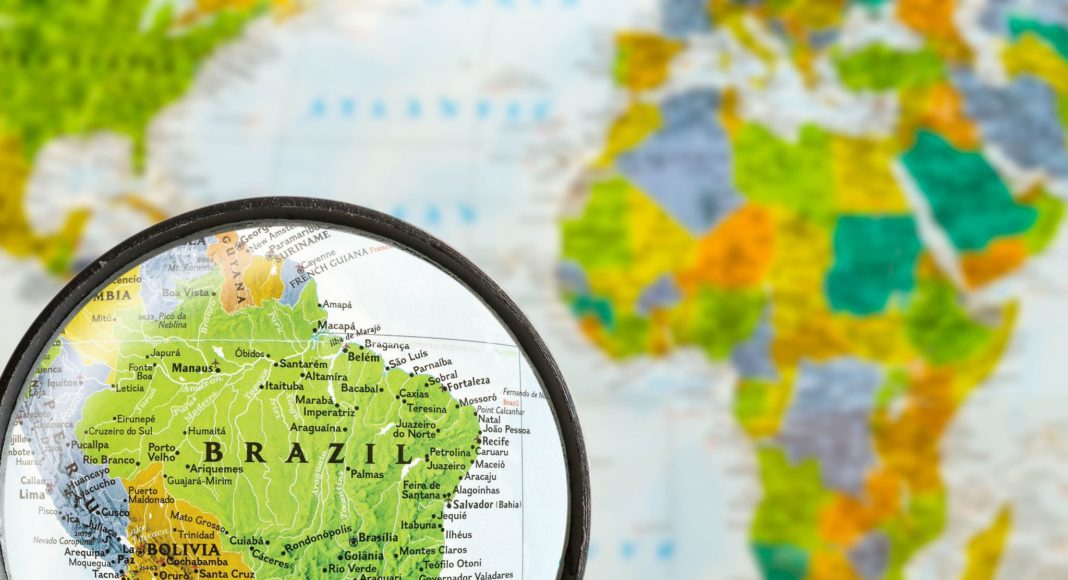RIO DE JANEIRO, BRAZIL – Brazil fell two positions in a list of 63 countries that make up the World Competitiveness Yearbook, a survey conducted by the IMD World Competitiveness Center that checks the country’s economic and social environment to generate innovation and stand out in the global scenario.
With the result, the country was ranked 59th, remaining among the least competitive nations in the world, ahead only of South Africa, Mongolia, Argentina, and Venezuela.
“Brazil remains a country of low competitiveness, with reforms and improvements that do not generate significant changes for the economy,” said Carlos Arruda, professor of Innovation and Competitiveness at Dom Cabral Foundation, IMD’s partner in preparing the ranking.

The study analyzes each nation’s four pillars: economic performance, government efficiency, business efficiency, and infrastructure. Brazil advanced slightly in the first two but lost positions in the last two items.
Business Efficiency had the most significant decline in the 2022 edition for Brazil. The country continues to face obstacles in productivity in all sectors of the economy, especially in services.
“Brazil fell in the business coefficient indicators for not generating productivity gains nor having grown in the digital agenda. I would say that these are two factors that impact the Brazilian economy in the long term,” evaluates Carlos Arruda.
Regarding infrastructure, Brazil had a low performance, placing 53rd. “There were no significant investments that would positively change the level of Brazilian infrastructure. This generates a negative perception from the business community,” said Arruda.
“The infrastructure indicators have lost out because the community perceives that the sector is not meeting the needs of industry, trade, and agriculture.”
IN EDUCATION, BRAZIL IS STILL IN LAST PLACE
The study points out that the effects of the pandemic on Brazilian education have damaged the already insufficient quality of education, directly impacting the country’s economic development.
“Brazil was paralyzed in critical issues such as social inequality and education. Combined with the lack of labor qualification and the low degree of digitalization of the economy, they compromise the country’s future competitiveness,” said Carlos Arruda.
“What we need for Brazil now are policies, investments, and qualified people to explore technology’s changes,” says Arruda. “It is necessary to prioritize investment in research and innovation.”
With information from CNN

